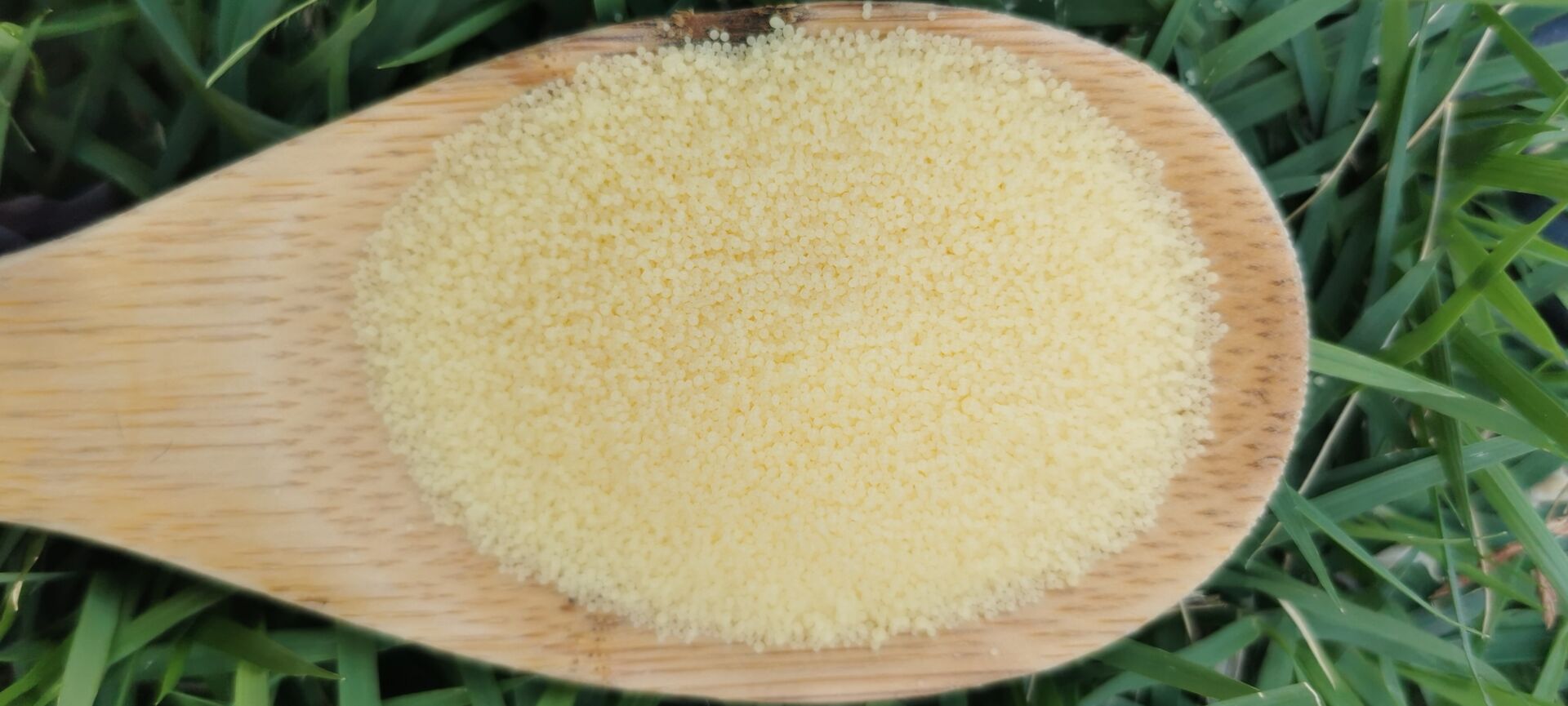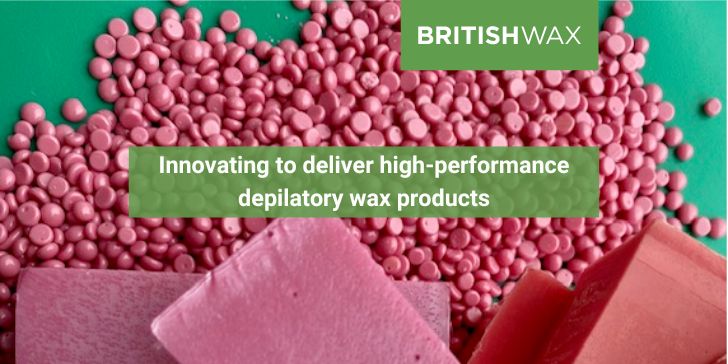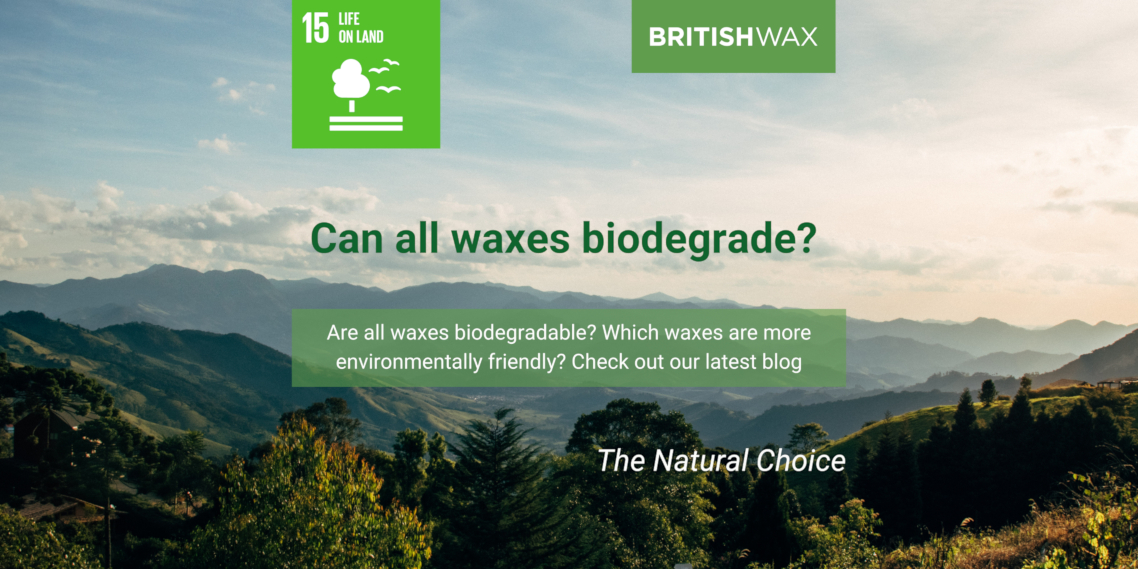The Benefits of Organic Candelilla Wax for Cosmetics and Personal Care

Organic Candelilla Wax is a high-purity wax made from the wild Candelilla plant (Euphorbia Cerifera) and is ideal for organic formulations.
Extremely popular in the cosmetic and coatings market, British Wax is now thrilled to offer you our Organic Candelilla Wax exclusively.
Our Organic Candelilla Wax uses nature’s resources responsibly whilst applying harvesting and processing practices that are 100% sustainable. It is also certified 100% organic by Ecocert Greenlife to Cosmos Standard, providing peace of mind for customers who want to ensure responsible sourcing.
Derived from the leaves of the candelilla plant, Candelilla wax is naturally yellow in color and brittle, making it a popular choice for coating/glazing and also as a binding agent within blends. The plant is processed using natural citric acid (not sulfuric acid), which is a weak acid naturally found in fruits like lemons. This process produces a light yellow color, typical of Organic Candelilla Wax.
Organic Candelilla Wax has a typical chemical composition with high hydrocarbon content (linear n-alkanes, mainly hentriacontane, C31, around 50-57%) and a low amount of volatile compounds (short carbon chain n-alkanes, ketones, aldehydes, aromatic alcohols). Its resin content can be between 12-15% by weight, which contributes to its adhesive properties. This wax is also known for its protective properties, high chemical stability, high melting point, impermeability, dielectric properties, and gloss.
Our Organic Candelilla Wax has an average spherical granule size of 425-850 microns. This particle size improves the wax melting process, reducing time and space. In addition, its spherical shape and great hardness make it ideal to use as an exfoliant in its solid state incorporated in formulations such as bath gels, body shampoos, bar soaps, and butters.
Organic Candelilla Wax is compatible with a wide range of waxes, including all vegetable and animal waxes, mineral waxes such as montana, paraffins, and microcrystallines, fatty acids and hydrogenated waxes, synthetic waxes such as polyethylene, oxidized polyethylene, polypropylene, esters, homopolymers such as low-density polyethylenes, copolymers such as ethylene-vinylacetates (EVA), and natural resins such as pitches and shellac. It is incompatible with silicone oils, but highly compatible with vegetable and mineral oils. It is insoluble in water but highly soluble in acetone, chloroform, benzene, and other organic solvents.
Our Organic Candelilla Wax can be used for cosmetic and food applications, or as a vegan-friendly alternative option to beeswax. It’s also used in a variety of other specialty applications, such as soap-making, leather, and furniture polish.
If you are planning to order Organic Candelilla Wax for your formulations, or you want to learn more, get in touch today!
Recent posts

Developments in depilatory wax formulations usually aim to improve their effectiveness, reduce pain, minimise irritation, and enhance the overall customer experience.At British Wax, we are…

One aspect to consider in the sustainability of a wax is its end of life or the ‘grave’ in the ‘Cradle-to-Grave’ Life Cycle Assessments. Sometimes…

United Nations #worldbeeday #foodsecurity #climatechange #zerohunger Human activities pose an increasing threat to bees and other pollinators including hummingbirds, bats and other insects. Animal pollination…